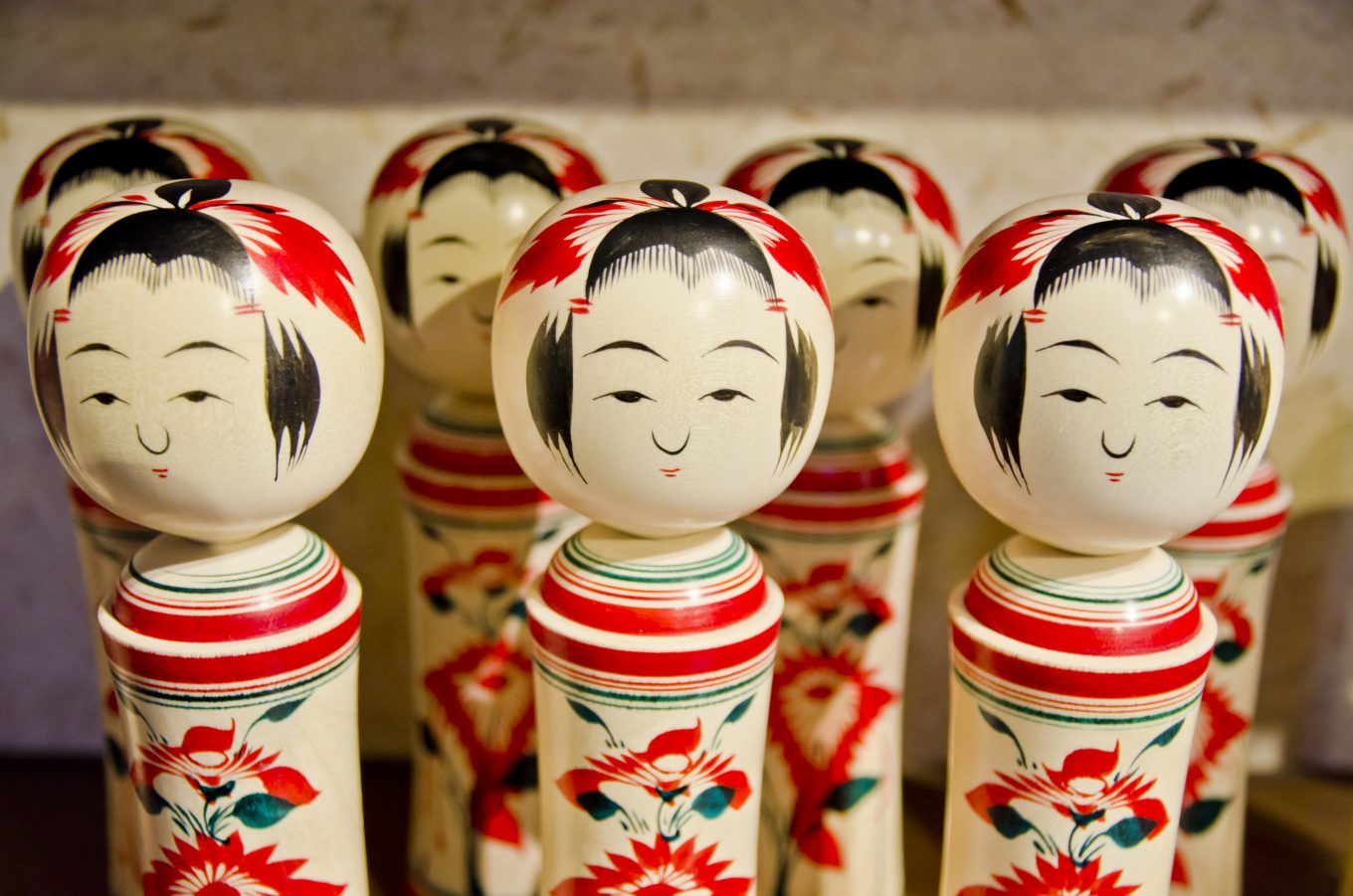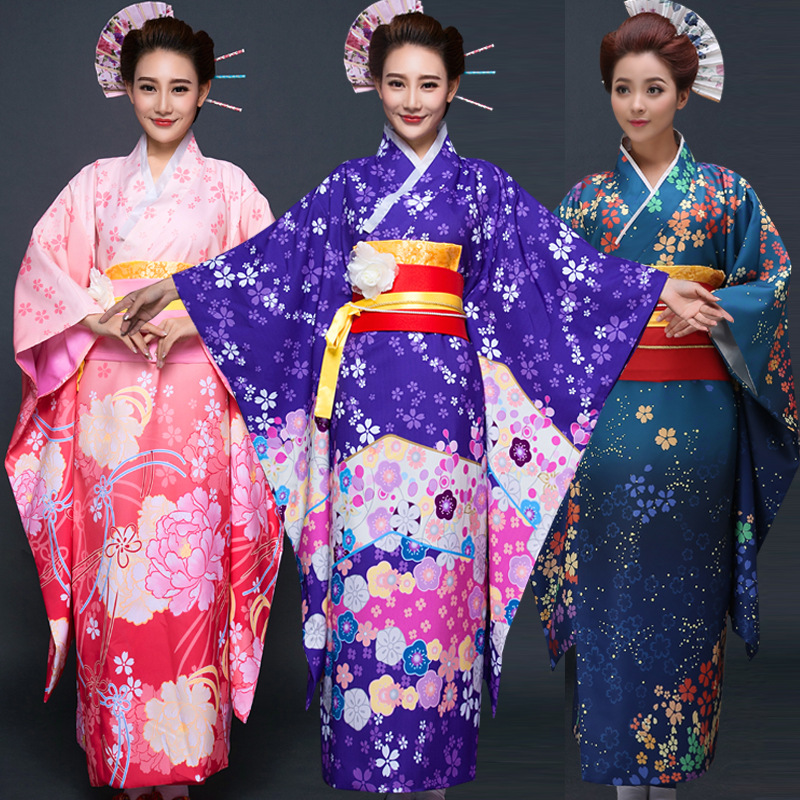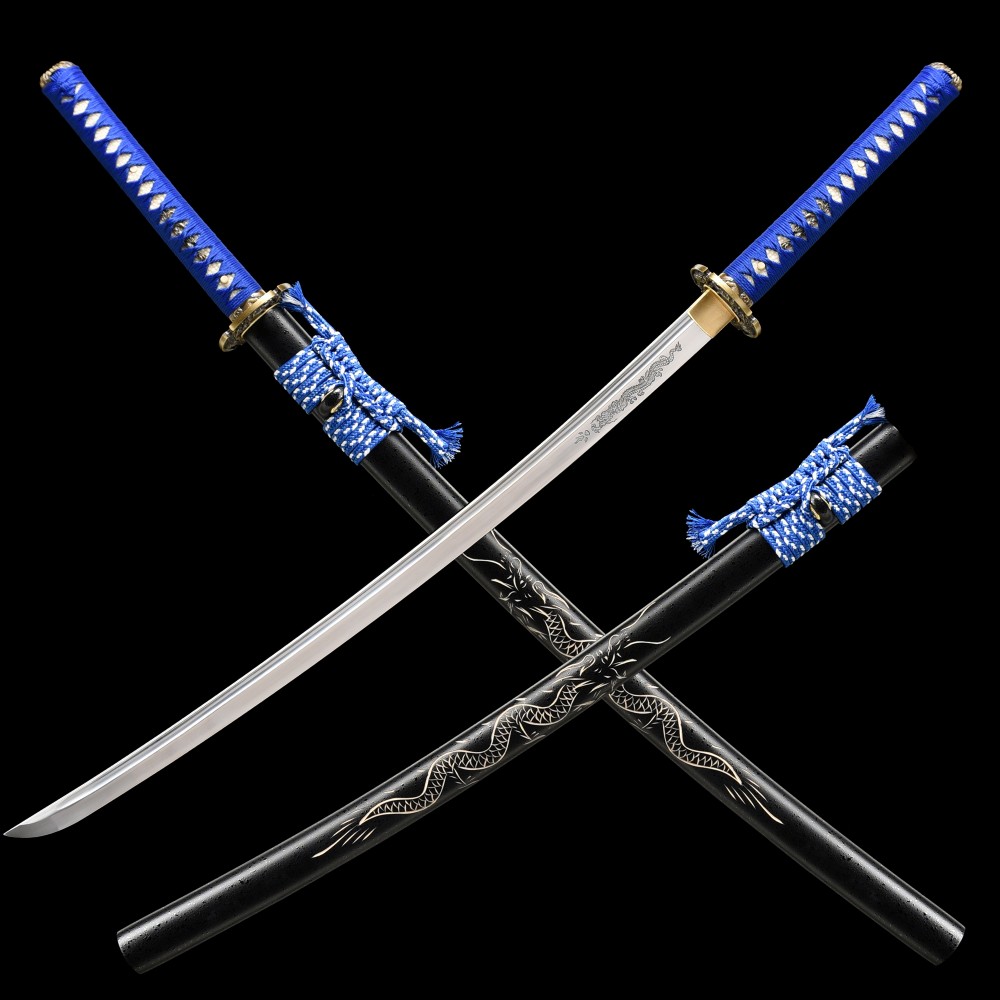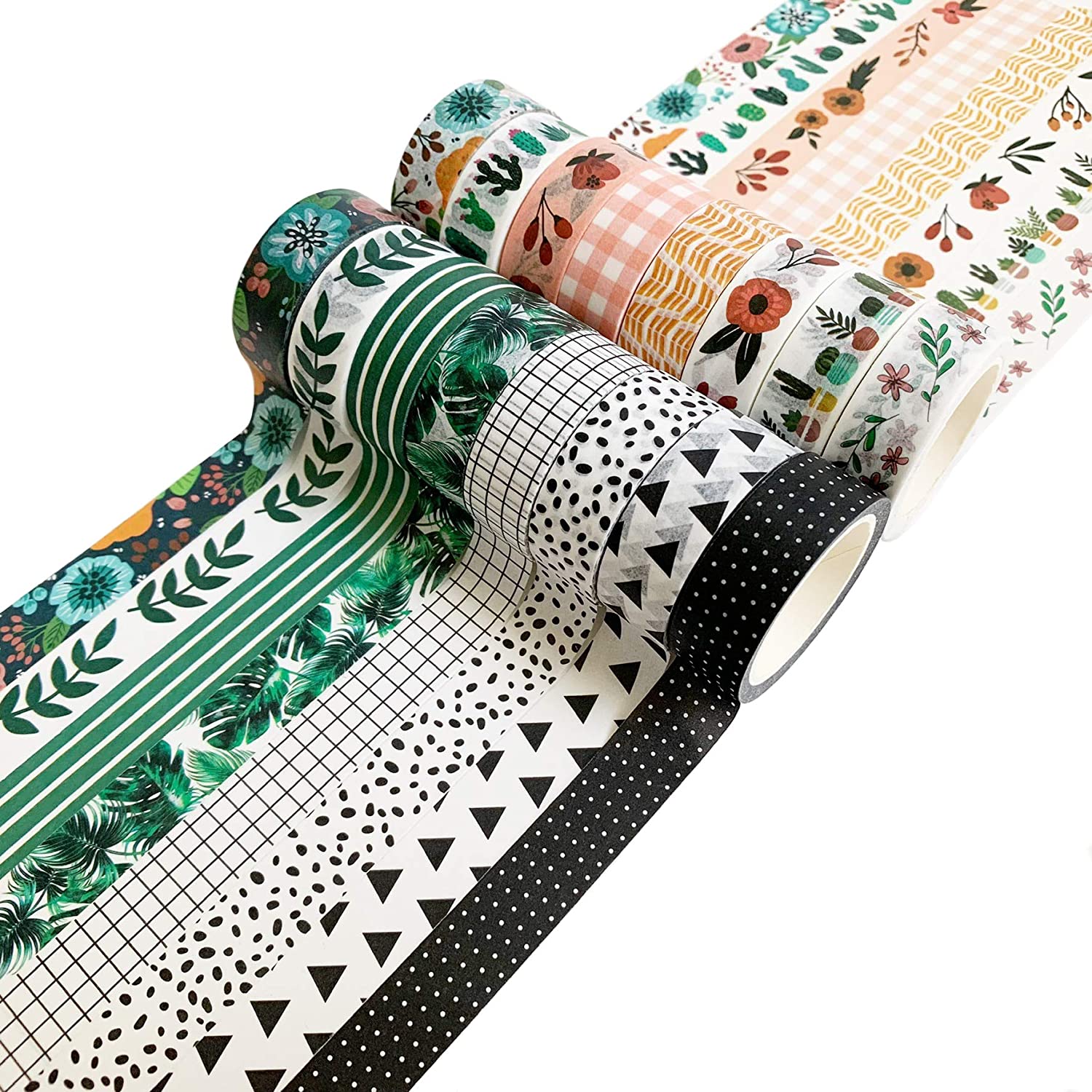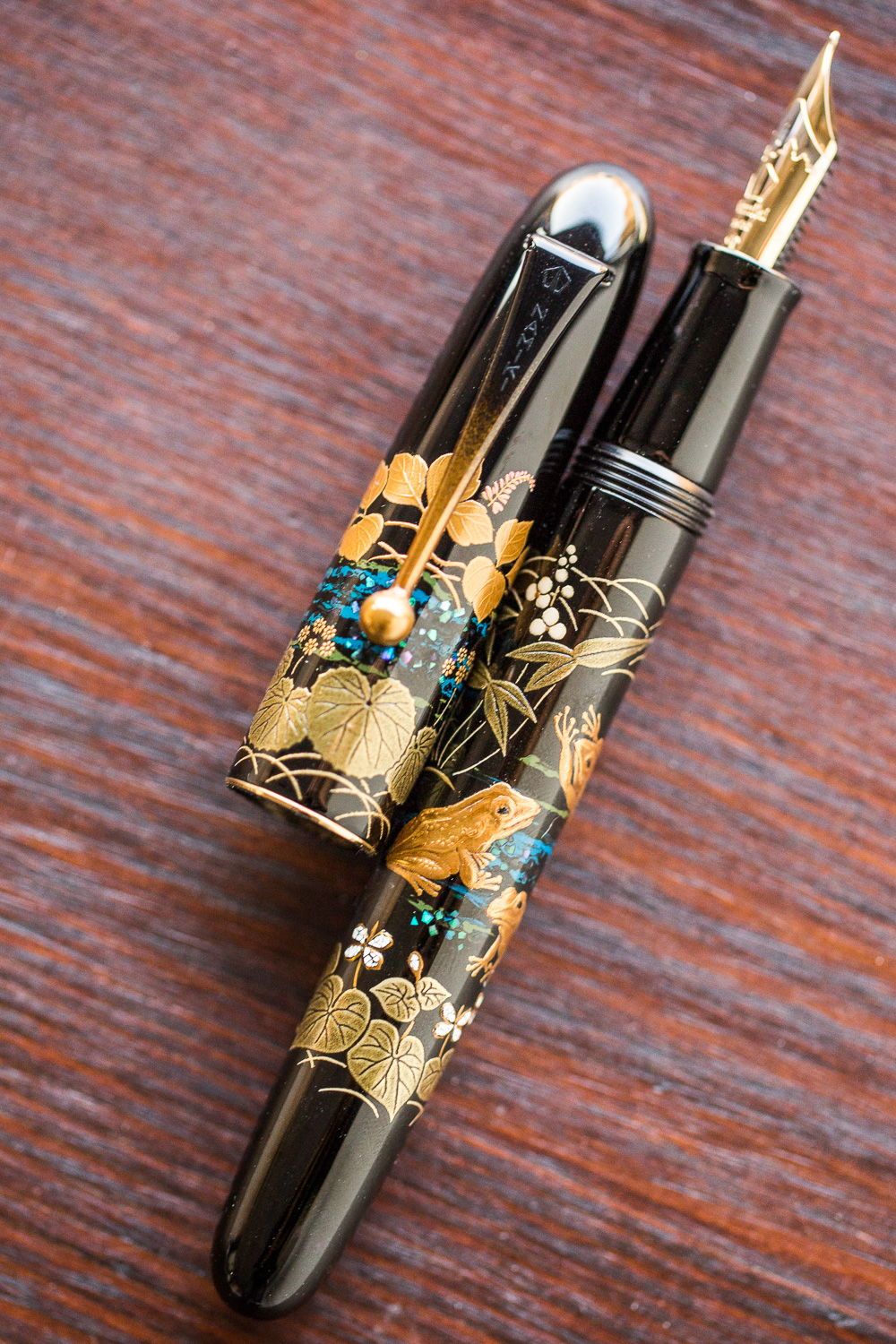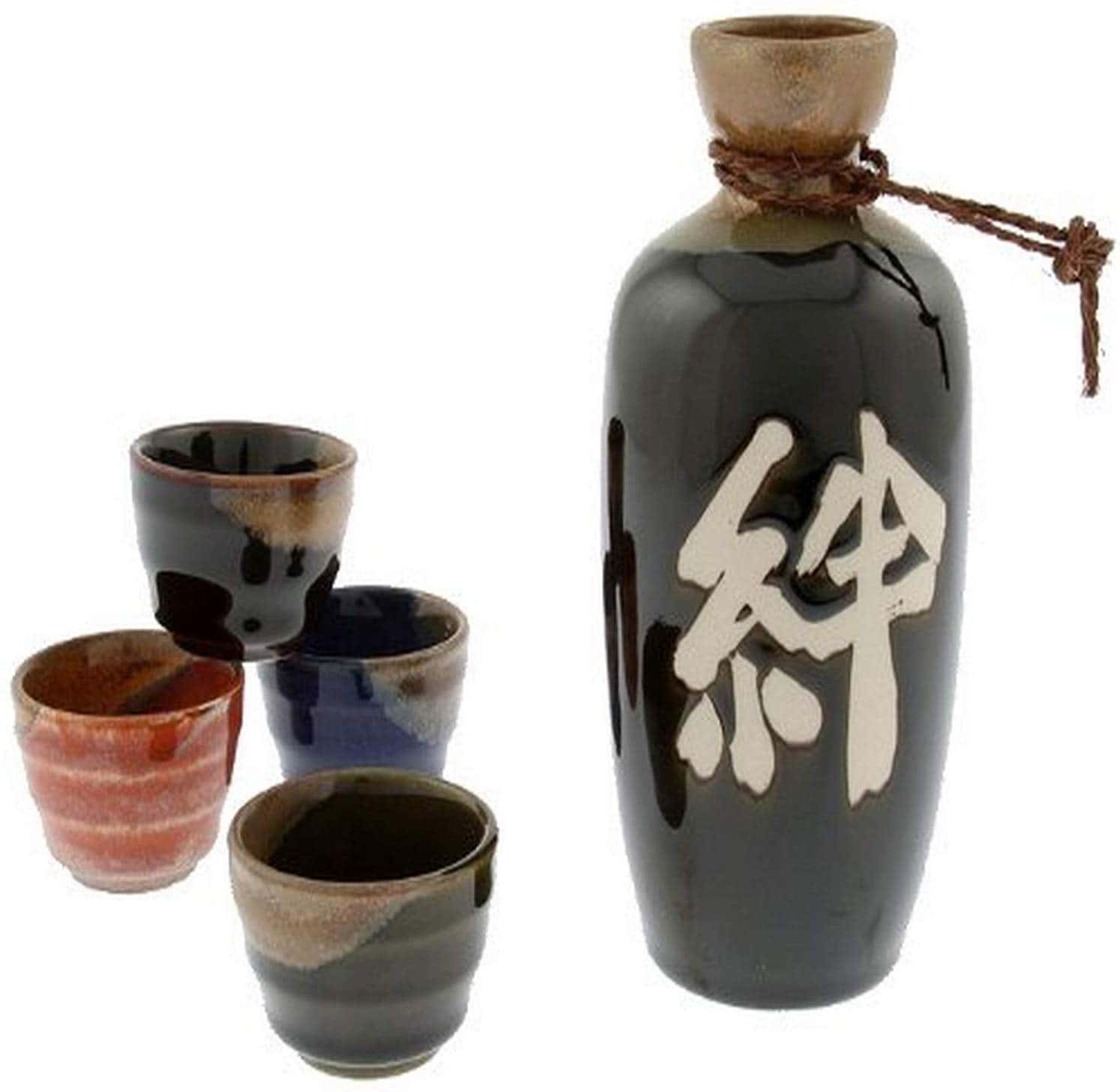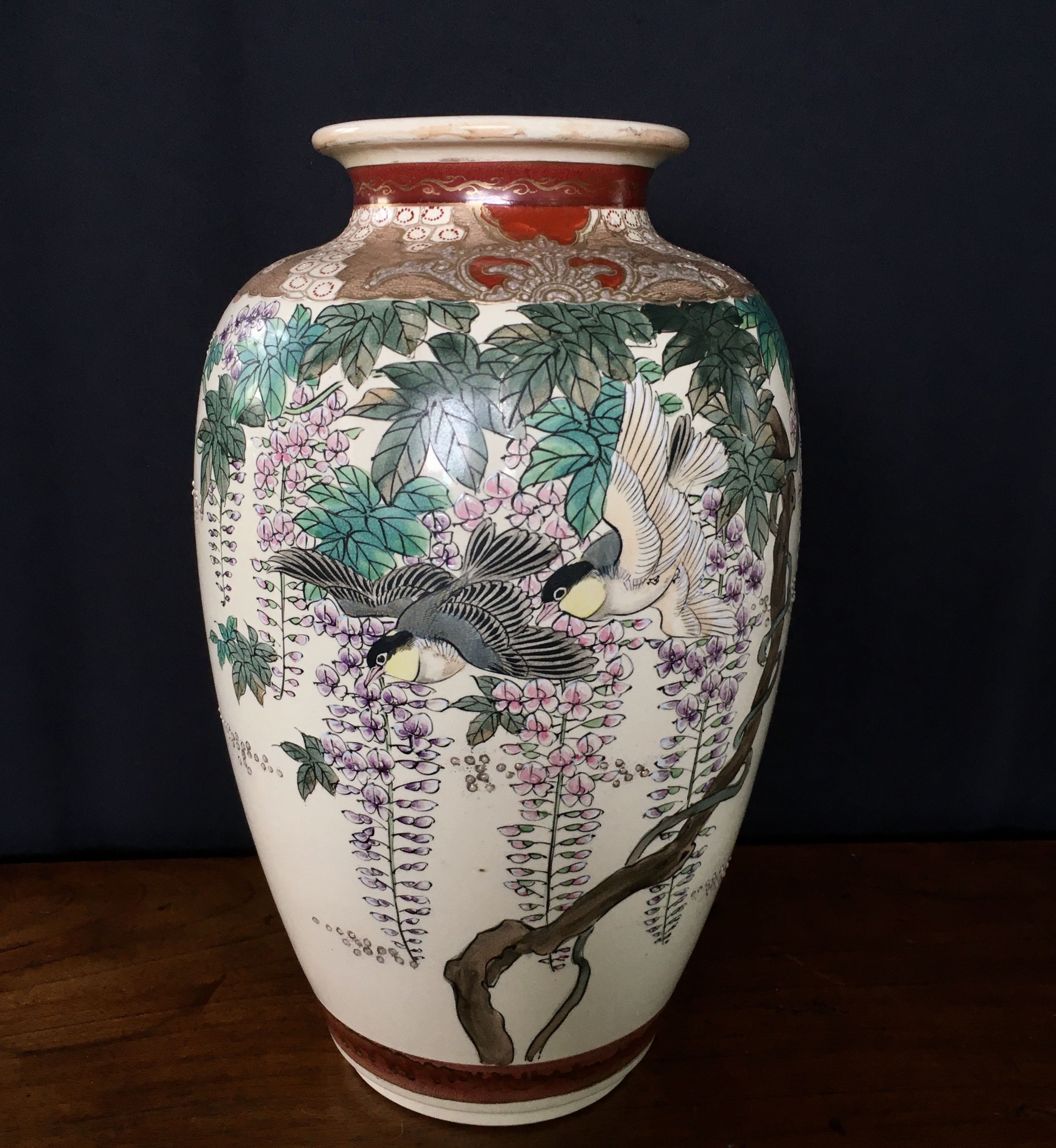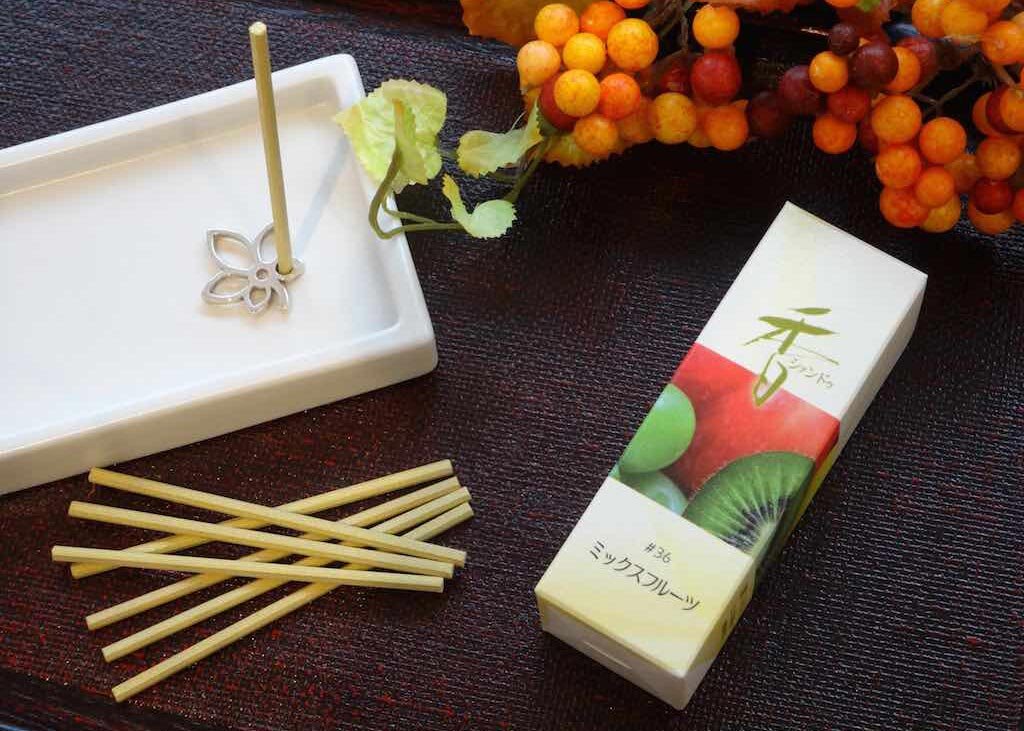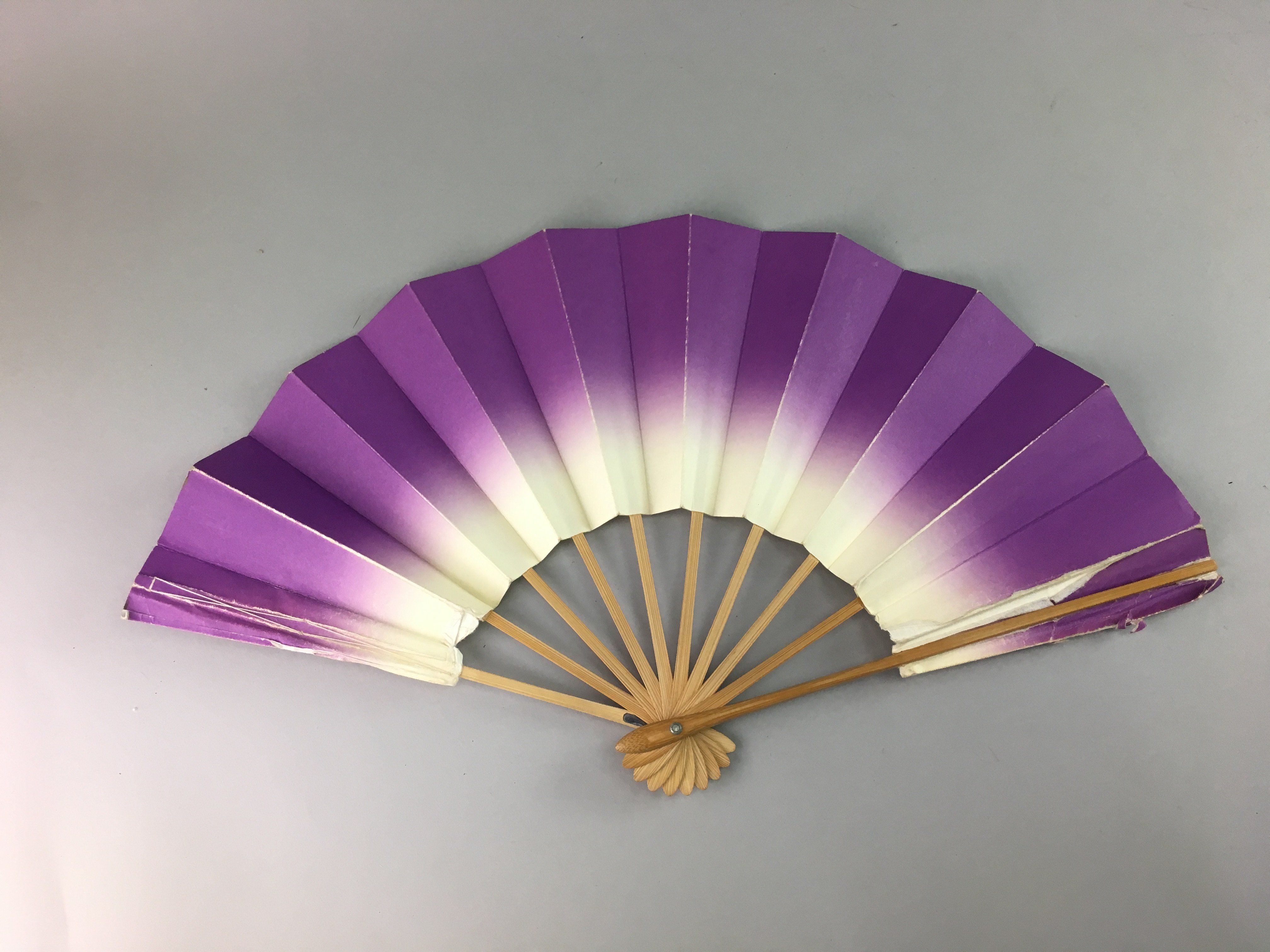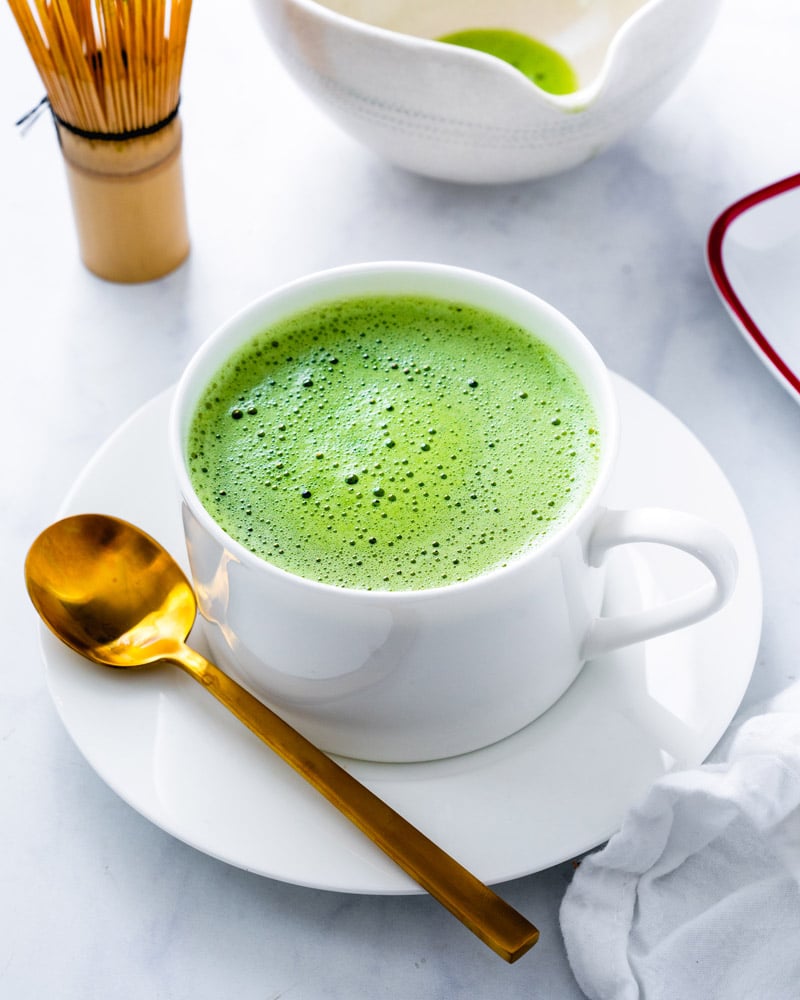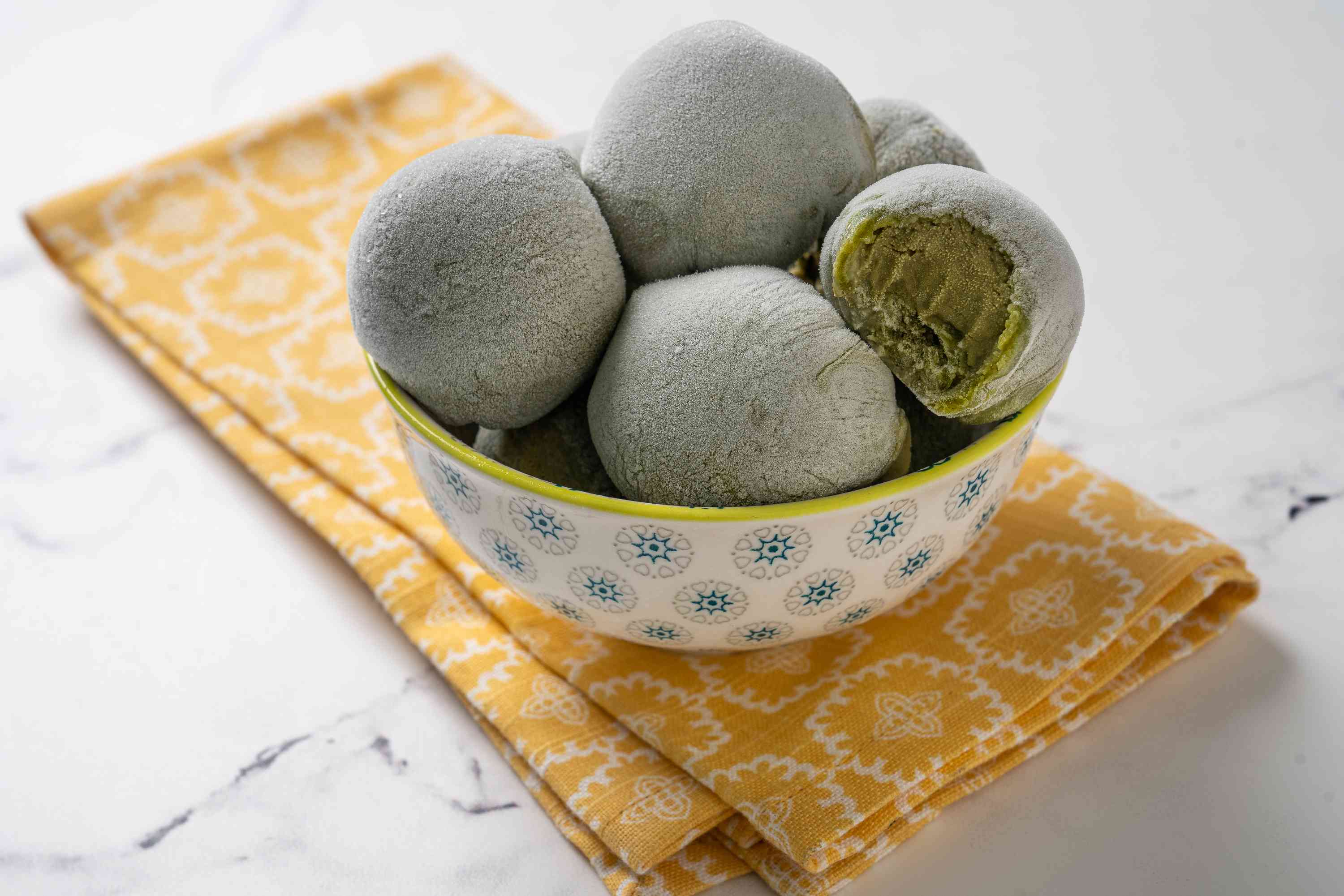Win a Free Trip to Japan!
Experience cherry blossoms and ancient temples
Japan, a country rich in culture and tradition, offers a treasure trove of unique items that you won’t find anywhere else. Whether you’re a visitor looking for a memorable souvenir or a gift for a loved one, the exclusive things you can only buy in Japan make for truly special keepsakes. From handcrafted Kokeshi dolls to authentic Japanese kimonos, each item is steeped in history and craftsmanship. Let’s explore these ten unique gifts that capture the essence of Japan’s unparalleled artistry and heritage.
Handcrafted Kokeshi Dolls
Handcrafted Kokeshi Dolls are among the most cherished things you can only buy in Japan. These traditional wooden dolls are celebrated for their simplicity and elegance, making them a perfect souvenir or gift.
Unique Features:
- Hand-carved and Hand-painted: Each doll is meticulously crafted from seasoned wood. Artisans hand-paint intricate designs, ensuring that no two dolls are exactly alike.
- Distinctive Styles: There are various styles of Kokeshi dolls, such as Naruko, Tsugaru, and Zao Takayu, each with its unique regional characteristics.
Cultural Significance:
- Symbol of Friendship: Traditionally, Kokeshi dolls were gifted to express enduring friendship and offer good luck.
- Historical Roots: Originating in the Tohoku region during the Edo period, these dolls have a rich history that mirrors Japan’s cultural heritage.
Comparison of Popular Kokeshi Styles
| Style | Region | Characteristics |
|---|---|---|
| Naruko | Miyagi | Straight body, rounded head |
| Tsugaru | Aomori | Painted in vibrant colors, detailed designs |
| Zao Takayu | Yamagata | Cylindrical body, simple facial features |
Why Buy Kokeshi Dolls?
- Authenticity: Unlike mass-produced items, Kokeshi dolls represent genuine artisan craftsmanship.
- Versatility: They serve both as decorative pieces and meaningful gifts.
Given their unique features and cultural significance, Kokeshi Dolls are undoubtedly among the best things you can only buy in Japan. Whether for personal collection or as a heartfelt gift, these handcrafted treasures offer a tangible connection to Japanese tradition and artistry.
Authentic Japanese Kimonos
When discussing things you can only buy in Japan, authentic Japanese kimonos top the list. Kimonos are traditional Japanese garments that embody the country’s rich cultural heritage. Worn on special occasions like festivals, weddings, and tea ceremonies, they are more than just clothing; they are works of art.
Characteristics of Authentic Kimonos:
- Fabric: Typically made from silk, cotton, or synthetic fibers. Silk kimonos are the most luxurious and are often hand-dyed and intricately patterned.
- Design: Design elements reflect Japan’s four seasons and natural beauty. Floral motifs, blossoms, and landscapes commonly adorn kimonos.
- Structure: The kimono consists of several components, including:
- Nagajuban: an undergarment.
- Obi: a wide sash.
- Zori: traditional sandals often worn with tabi socks.
Types of Kimonos:
- Furisode: Long-sleeved kimonos worn by unmarried women.
- Tomesode: Kimonos with shorter sleeves, typically worn by married women.
- Yukata: Lightweight, casual kimonos worn during summer festivals.
Comparing Kimono Types:
| Type | Sleeves Length | Occasions | Fabric Weight |
|---|---|---|---|
| Furisode | Long | Formal (weddings, ceremonies) | Heavy |
| Tomesode | Short | Formal (weddings) | Medium to heavy |
| Yukata | Short | Casual (festivals) | Light |
Purchasing an authentic kimono makes for an unforgettable experience. Whether you choose a Furisode, Tomesode, or Yukata, each kimono captures the essence of Japanese culture and tradition, making it one of the most cherished things you can only buy in Japan.
Samurai Swords and Replicas
When it comes to things you can only buy in Japan, Samurai swords and replicas rank high on the list. Japan’s rich history of samurais and their legendary katana swords make these items not just souvenirs but prized possessions.
Why Samurai Swords are Coveted:
- Authenticity: True Samurai swords, known as katana, are crafted by skilled artisans who have honed their skills over centuries.
- Historical Value: Each sword is a piece of history, reflecting ancient Japanese culture and the way of the samurai.
- Quality: These swords are made from high-carbon steel, ensuring sharpness and durability.
Types of Samurai Swords You Can Buy:
| Type | Distinct Features | Price Range |
|---|---|---|
| Katana | Single-edged, curved sword, traditionally 27-30 inches | $$$ – Expensive |
| Wakizashi | Shorter, often paired with a katana, 12-24 inches | $$ – Moderate |
| Tanto | Dagger-like, used for close combat, 6-12 inches | $ – Affordable |
| Replicas | Non-combat versions, safe for display or cosplay | $ – $$ |
Points to Consider:
- Legal Restrictions: Check the legalities of bringing a sword back to your country.
- Certification: Ensure the sword comes with a certificate of authenticity and maker’s mark.
Additionally, samurai sword replicas offer a more affordable and safe alternative for collectors and enthusiasts. While they may not possess the same historical value, these replicas can be stunning decorative pieces.
In conclusion, whether you seek a real katana or a beautifully crafted replica, buying a samurai sword in Japan is a unique cultural experience, truly one of the exceptional things you can only buy in Japan.
Unique Japanese Stationery
When it comes to things you can only buy in Japan, unique Japanese stationery undoubtedly stands out. Japanese stationery is a beloved treasure among enthusiasts worldwide due to its quality, design, and innovation. Here are a few items you should look out for:
Washi Tape
- Description: Decorative adhesive tape made from traditional Japanese paper.
- Uses: Ideal for journaling, scrapbooking, and gift wrapping.
Fountain Pens
- Brands to Explore: Pilot, Sailor, Platinum.
- Key Features: Smooth writing experience, elegant craftsmanship, and various nib sizes.
Notebooks and Planners
- Popular Choices: Midori Traveler’s Notebook, Hobonichi Techo.
- Benefits: High-quality paper, customizable layouts, stylish covers.
Gel Pens and Mechanical Pencils
- Recommended Brands: Uni-ball, Zebra Sarasa, Pentel.
- Advantages: Precision, durability, wide range of colors and designs.
Stamp Kits and Ink Pads
- Purpose: Personalized stamps for journaling, crafting, and correspondence.
- Designs: From traditional Japanese motifs to modern pop culture icons.
Comparison Table:
| Product | Key Feature | Best For |
|---|---|---|
| Washi Tape | Decorative and reusable | Journaling and scrapbooking |
| Fountain Pens | Elegant craftsmanship | Professional and personal use |
| Notebooks and Planners | Customizable and high-quality paper | Daily planning and journaling |
| Gel Pens and Mechanical Pencils | Precision and durability | Writing and drawing |
| Stamp Kits and Ink Pads | Variety of designs | Personalization and crafting |
These unique Japanese stationery items make fantastic gifts for anyone who appreciates the finer details in life. Whether you are an avid writer, an artist, or someone who enjoys staying organized, Japanese stationery offers something special that you can only find in Japan.
Sake Sets and Authentic Sake
When it comes to things you can only buy in Japan, sake sets and authentic sake top the list for admirers of traditional Japanese culture. Sake, a rice-based alcoholic beverage, is a significant part of Japan’s heritage and is intricately linked to its customs and traditions.
Why Sake Sets Are Unique:
- Craftsmanship: Japanese artisans handcraft sake sets with precision, often using materials like porcelain, ceramic, and glass.
- Design: Sake sets often feature intricate designs inspired by nature, such as cherry blossoms, bamboo, and waves.
- Functionality: These sets typically include a tokkuri (sake bottle) and ochoko (small cups), designed to enhance the sake-drinking experience.
Here’s a comparison table highlighting the uniqueness of Japanese sake sets:
| Characteristic | Japanese Sake Sets | Common Sake Sets |
|---|---|---|
| Craftsmanship | Handcrafted | Mass-produced |
| Materials | Porcelain, Ceramic | Various |
| Designs | Nature-inspired | Generic |
| Collectors’ Value | High | Moderate |
Authentic Sake Varieties:
- Junmai: Pure rice sake with no added alcohol.
- Ginjo: Light and fruity, brewed with highly polished rice.
- Daiginjo: Premium sake with a delicate aroma and complex flavors.
When purchasing authentic sake, consider visiting local breweries or specialty stores in Japan. This ensures you get the real deal, often crafted using traditional methods passed down through generations. Whether you’re a collector or simply looking for an unforgettable gift, sake sets and authentic sake are quintessential things you can only buy in Japan.
Japanese Pottery and Ceramics
When considering things you can only buy in Japan, Japanese pottery and ceramics naturally make the list. Known for their exceptional craftsmanship and aesthetic appeal, these items are deeply embedded in Japanese culture and history.
Why Choose Japanese Pottery and Ceramics?
Japanese pottery and ceramics stand out for several reasons:
- Unique Glazing Techniques: Japanese artisans use special glazing techniques such as Raku and Kintsugi, which create distinct, captivating patterns.
- Variety of Styles: Whether you prefer the rustic look of Shigaraki ware or the elegant aesthetics of Arita porcelain, there’s something for every taste.
- High-Quality Materials: Items are often created from top-tier clay, ensuring durability and a premium feel.
Popular Types of Japanese Pottery and Ceramics
- Arita Porcelain: Known for its bright white base and intricate designs, Arita porcelain often features blue and white color schemes.
- Shigaraki Ware: Characterized by its earthy tones and rough textures, this pottery style emphasizes a natural, unrefined look.
- Raku Ware: Famous for its irregular shapes and unique coloring methods, Raku ware delivers an artistic and philosophical experience.
Comparison of Popular Types
| Type | Characteristics | Ideal For |
|---|---|---|
| Arita Porcelain | Intricate designs, bright base | Formal dining, display items |
| Shigaraki Ware | Earthy tones, rough textures | Rustic décor, garden pieces |
| Raku Ware | Irregular shapes, unique colors | Artistic collections |
Purchasing Japanese pottery and ceramics not only ensures you have one-of-a-kind items but also allows you to own a piece of Japan’s rich artistic heritage—truly among the best things you can only buy in Japan.
Genuine Japanese Incense
When you think of things you can only buy in Japan, genuine Japanese incense undoubtedly stands out. Renowned for its high quality and unique aromatic profiles, Japanese incense has been perfected over centuries. It is deeply rooted in Japanese culture and rituals, making it a thoughtful and authentic gift.
Why Japanese Incense is Unique:
- Historical Significance: Japanese incense traces back to the Heian Period, initially used by nobility for religious and social ceremonies.
- Natural Ingredients: Unlike many commercial incenses, Japanese varieties utilize natural components like agarwood, sandalwood, and various herbs, ensuring a pure and captivating fragrance.
- Artisanal Craftsmanship: Crafted by skilled artisans, who often pass down techniques through generations, these incenses embody a blend of tradition and craftsmanship.
Popular Types of Japanese Incense:
- Koh: Traditional sticks burned during meditation and tea ceremonies.
- Senko: Thin, fragrant sticks perfect for daily use.
- Kneaded Incense: Pastes made from a blend of fragrant materials, shaped and then left to mature.
Comparison Table of Japanese Incense Varieties
| Type | Description | Ideal For |
|---|---|---|
| Koh | Traditional sticks | Ceremonies, meditation |
| Senko | Thin, everyday sticks | Daily use |
| Kneaded Incense | Matures over time for rich aroma | Special occasions |
Japanese incense offers an authentic experience unparalleled by its global counterparts. When selecting things you can only buy in Japan, genuine Japanese incense provides a blend of history, natural beauty, and a touch of tranquility—perfect for gifting or personal enjoyment.
Traditional Sensu Folding Fans
Traditional Sensu folding fans are among the iconic things you can only buy in Japan. These exquisite accessories are not just practical tools to combat Japan’s humid summers but also serve as beautiful pieces of traditional art. The Sensu fans originated in Japan during the Heian period and have been integral to Japanese culture ever since.
Unique Features of Sensu Fans
- Craftsmanship: Made from high-quality materials, such as bamboo and washi paper, traditional Sensu fans are often handcrafted, ensuring each piece is unique.
- Art and Design: Sensu fans come with various intricate designs, ranging from classic floral patterns to elegant calligraphy and even scenes from Japanese folklore.
- Portability: Unlike other types of hand fans, Sensu fans are foldable, making them easy to carry and store.
Uses of Sensu Fans
- Daily Use: Perfect for cooling during hot weather.
- Decorative: Often used as wall decorations or interior décor items due to their aesthetic appeal.
- Cultural Significance: Used in traditional Japanese dance and theater, such as Noh and Kabuki, to enhance performances.
| Feature | Sensu Folding Fans |
|---|---|
| Material | Bamboo and Washi Paper |
| Origin | Japan (Heian Period) |
| Usage | Cooling, Decoration, Performing Arts |
| Design | Intricate Patterns, Calligraphy, Folklore |
If you are looking for unique things you can only buy in Japan, a traditional Sensu folding fan is a must-have item. These fans embody the blend of functionality and artistry, making them a perfect gift or a personal keepsake from your trip.
Japanese Matcha Tea
One of the most delightful things you can only buy in Japan is authentic Japanese Matcha tea. This finely ground powder, made from specially grown green tea leaves, has a vibrant green color and a unique flavor profile that is both earthy and sweet. Here are a few reasons why genuine Japanese Matcha is a prized purchase:
1. Superior Quality
- Japanese Matcha undergoes a meticulous cultivation process. Tea plants used for Matcha are shade-grown for weeks before harvesting, resulting in higher chlorophyll levels and a richer taste.
2. Traditional Production
- The leaves are hand-picked, steamed to halt fermentation, and stone-ground into a fine powder. This traditional method preserves the tea’s flavor and nutritional value.
3. Health Benefits
- Matcha is packed with antioxidants, particularly catechins, known for their cancer-fighting properties. It also contains L-Theanine, an amino acid that promotes relaxation without drowsiness.
Comparison Table: Japanese Matcha Tea vs Regular Green Tea
| Feature | Japanese Matcha | Regular Green Tea |
|---|---|---|
| Preparation Method | Ground into powder | Infused leaves |
| Antioxidant Levels | Higher | Lower |
| Caffeine Content | Moderate | Low |
| Flavor | Earthy & Umami | Light & Fresh |
| Traditional Ceremonies | Yes | No |
When visiting Japan, purchasing authentic Matcha tea directly from a local vendor or tea house ensures you receive the highest quality product. Whether you’re buying it for yourself or as a gift, Japanese Matcha tea embodies cultural significance and exceptional health benefits, making it a standout among the things you can only buy in Japan.
Japanese Mochi Cake
Japanese Mochi Cake, a traditional confectionery, stands out as one of the delightful things you can only buy in Japan. These chewy treats boast a history that dates back centuries, encapsulating the essence of Japanese culinary traditions.
Characteristics of Japanese Mochi Cake:
- Texture: Mochi has a unique chewy consistency that comes from the glutinous rice used in its preparation.
- Flavor: While traditional mochi are sweet and subtle, modern varieties can be filled with an array of flavors like red bean paste, green tea, or even strawberry.
- Appearance: These cakes come in various shapes, sizes, and colors, often beautifully packaged.
Popular Varieties of Mochi Cake:
- Daifuku: A mochi cake stuffed with sweet fillings such as anko (sweet red bean paste) or fresh fruits.
- Sakura Mochi: Pink-colored mochi wrapped in a pickled cherry blossom leaf, particularly popular during cherry blossom season.
- Warabi Mochi: A jelly-like mochi, often dusted with kinako (roasted soybean flour) and served chilled.
Mochi Vs. Western Confectionery
| Feature | Japanese Mochi Cake | Western Confectionery |
|---|---|---|
| Primary Ingredient | Glutinous Rice | Wheat Flour |
| Texture | Chewy | Varied (spongy, crisp) |
| Common Fillings | Red Bean Paste, Fruit | Cream, Chocolate |
| Cultural Significance | High | Moderate |
When seeking authentic Japanese snacks, mochi stands out due to its unique taste and cultural significance. Whether enjoyed during festivals or purchased as a special gift, Japanese Mochi Cake offers an exquisite culinary experience that embodies the rich traditions and innovative spirit of Japan.
Frequently Asked Questions
What makes gifts from Japan unique?
Japanese gifts are often unique due to their blend of traditional craftsmanship, innovative design, and cultural significance. Many gifts incorporate elements of Japan’s rich history, such as intricate patterns, high-quality materials, and precision in their creation process, making them distinctive and highly valued.
Are Japanese gifts suitable for all occasions?
Yes, Japanese gifts are versatile and can be suitable for various occasions, including birthdays, anniversaries, weddings, and corporate events. Whether you’re looking for something traditional like a kimono, or something modern like Japanese tech gadgets, there is always an appropriate choice.
Where can I find authentic Japanese gifts?
Authentic Japanese gifts can be found in specialized stores across Japan, such as traditional markets, department stores, and even specific regions known for particular crafts. Additionally, many online platforms and Japanese retailers also offer international shipping for authentic products.
Do Japanese gifts have a cultural significance?
Absolutely. Many Japanese gifts carry deep cultural significance. For example, intricate tea sets are tied to the traditional tea ceremony, while daruma dolls symbolize perseverance and good luck. Understanding the background and cultural meaning can add depth to your gift-giving experience.
Are Japanese gifts expensive?
The price of Japanese gifts can vary widely. While some handcrafted items or specialty goods may be more expensive due to their quality and the labor involved, there are also plenty of affordable options that still offer uniqueness and charm. It’s possible to find something within your budget that holds great value.
